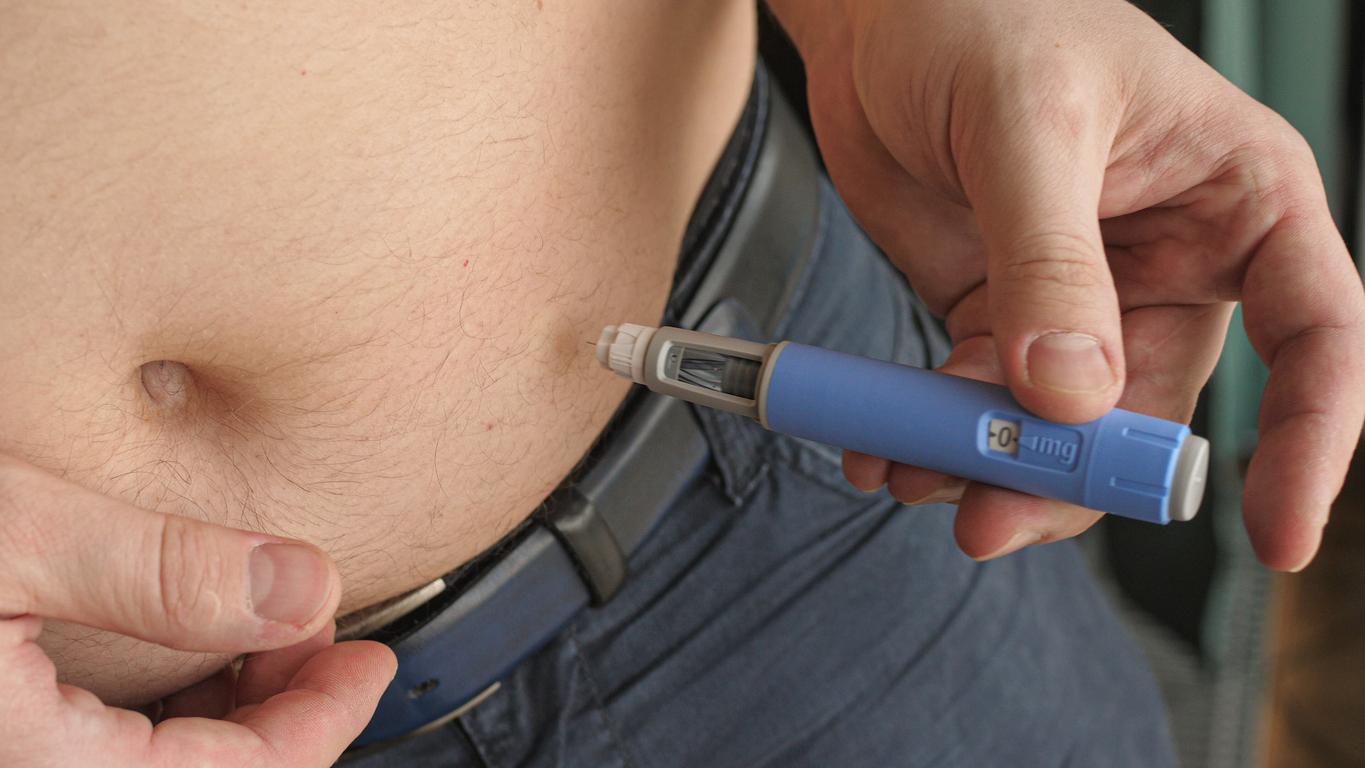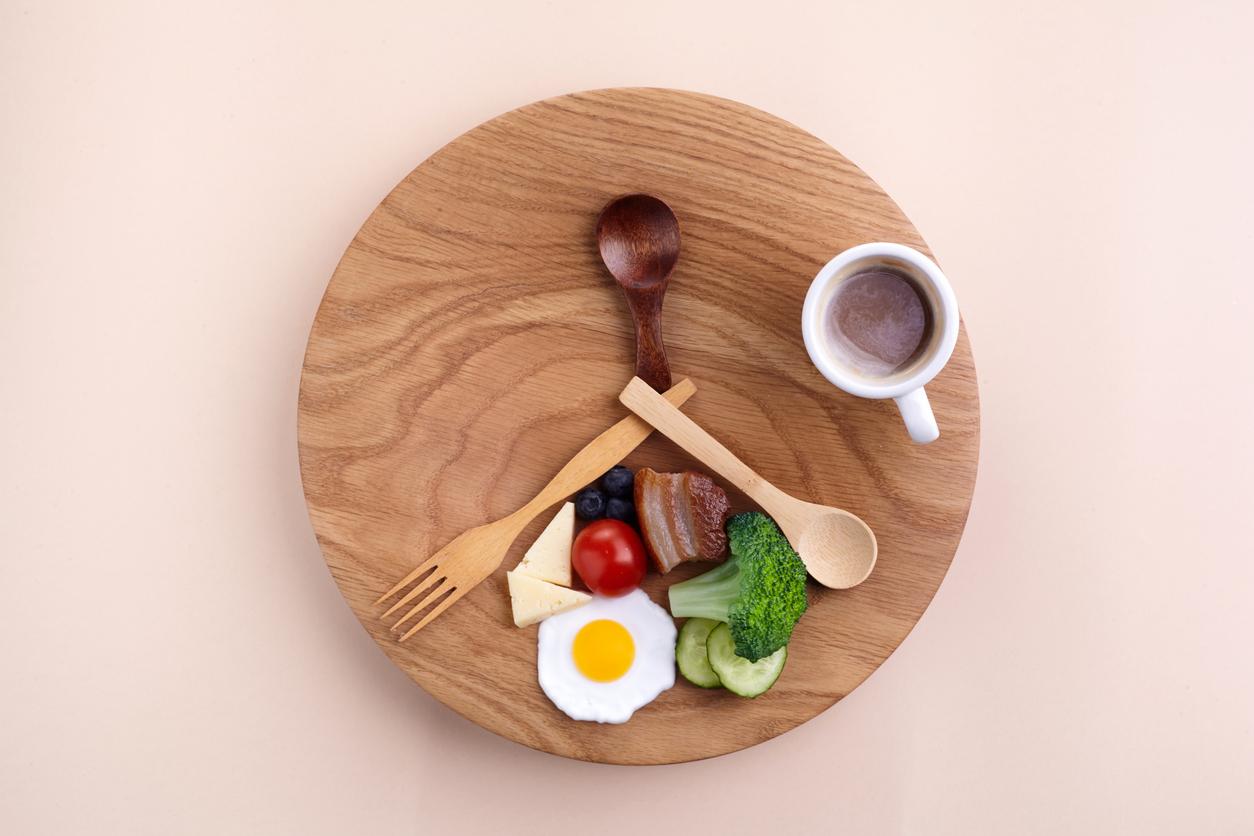
How do you make sure your body gets what it needs?
An extra roll of fat, a pair of pants that are too tight: after the culinary excess of the holidays, something is allowed off again. That will be lines. How do you make sure your body gets what it needs?
Vitamin A
What does it do? Vitamin A keeps your skin, hair and immune system in good shape and ensures that your eyes can adapt to the twilight. What’s in it? Especially in fat-rich animal products, such as (semi) skimmed milk, butter and margarine. If you leave these foods for a longer period of time, you can develop a deficiency. How do you get enough when you die? Eat lots of fruits and vegetables. Spinach, cabbage, bananas and orange fruits and vegetables (such as carrots, mango and mandarins) are high in beta-carotene, a substance that your body converts into vitamin A. You can also eat a liverwurst sandwich or pate now and then. This gives you more than the recommended daily amount (RDA) of vitamin A. For women, the RDA is 700 micrograms, for men 900 micrograms (mcg or µg). Be careful with supplements: long-term too much vitamin A (more than 3000 mcg per day) is harmful.
Vitamin D
What does it do? Vitamin D ensures that you can absorb calcium from food. It is indispensable for strong bones and teeth, the immune system and muscles. What’s in it? Especially in oily fish (such as herring, mackerel and salmon), meat, eggs, low-fat margarine, margarine and roast products. The skin also produces vitamin D in sunlight. How do you get enough when you die? People over 50 need more vitamin D anyway. If you are also on ration, you have to watch out for a deficiency. The Nutrition Center advises women over 50 and men over 70 to take a vitamin D supplement. Between the ages of 50 and 70, a supplement of 10 micrograms per day is sufficient, above that 20 micrograms.
Calcium
What does it do? You need calcium for building and maintaining bones and muscles. It helps prevent bone loss (osteoporosis). It is also involved in blood clotting and the transport of minerals in the body. What’s in it? Milk and dairy are the main suppliers. The chance of a deficiency is high if you do not eat these products for a long time. How do you get enough when you die? Eat plenty of green leafy vegetables such as broccoli, kale, and Chinese cabbage. Other sources include plant-based dairy substitutes with added calcium. Nuts, legumes, berries and egg yolks also contain calcium. Also eat enough products with vitamin D; your body can then absorb the calcium better. Supplements with more than 500 mg of calcium per day may increase the risk of cardiovascular disease.
Magnesium
What does it do? Magnesium plays an important role in the functioning of muscles and nerves.
What’s in it? Bread, grain products, dairy, nuts, meat, spinach and other leafy vegetables. If you don’t eat this, you can get too little magnesium. Be extra careful if you take medicines that lower the magnesium level in your blood, such as water tablets or stomach protectors. How do you get enough when you die? Deficiency is not common. Do you not want to eat foods that contain magnesium to lose weight? In any case, eat a lot of leafy vegetables, for example blanched.
Protein
Wat are they doing? In addition to building our muscles, proteins are also involved in the production of bone tissue and blood, and in all kinds of regulatory processes in the body. What’s in it? Meat, fish, eggs, dairy, meat substitutes, legumes and nuts. How do you get enough when you die? You can lose weight by eating less of everything, but make sure you get enough protein, otherwise you lose muscle mass and muscle strength. This is also possible with drinks, meals or snacks with extra proteins. Healthy people need 0.8 grams of protein per kilogram of body weight per day. If you weigh 70 kilos, that is 56 grams of protein per day.
Dietary fiber
Wat are they doing? Fiber is important for proper bowel function and helps prevent constipation. What’s in it? Fruits, vegetables, legumes and whole grains. How do you get enough when you die? Only 10 percent of the Dutch eat enough fiber: 30 to 40 grams per day. Some diets have a lot of protein-rich products on the menu (such as meat and dairy) and few fruits and grains. As a result, you can get too little dietary fiber. It is best to eat as many different fiber-rich foods as possible.
Thanks to Astrid Postma-Smeets (Nutrition Centre).
Sources):
- Plus Magazine
















